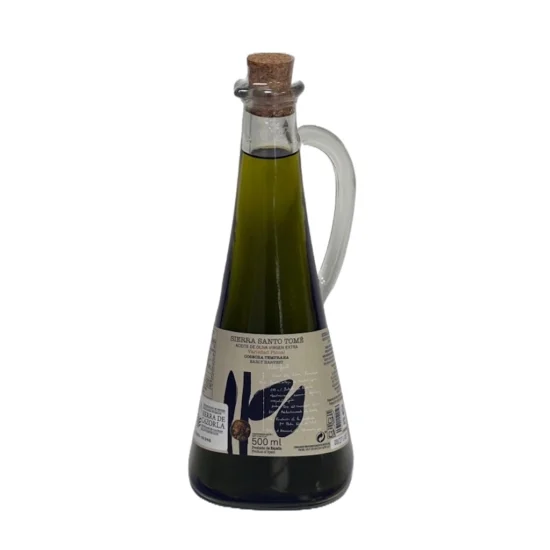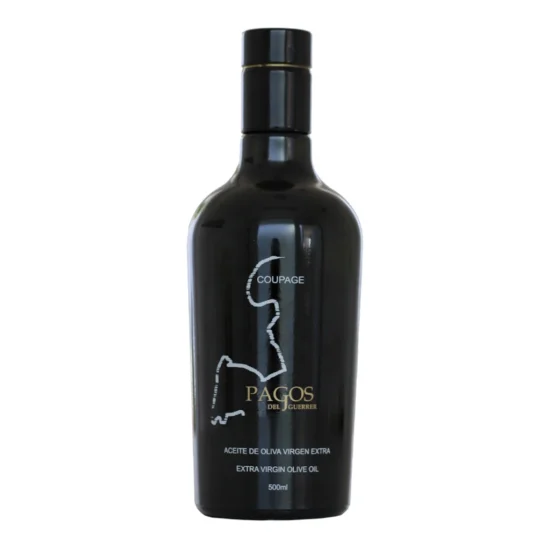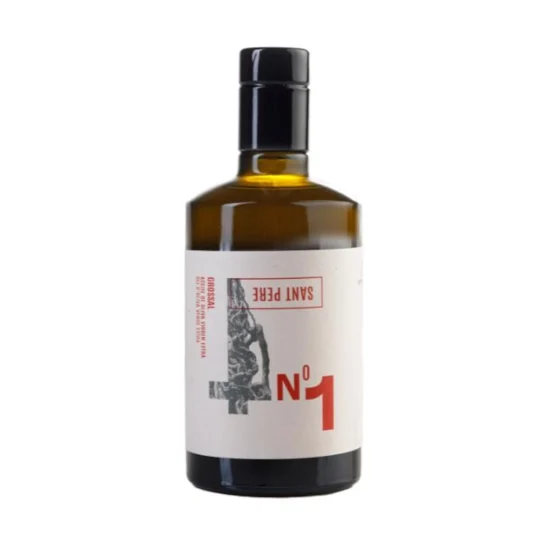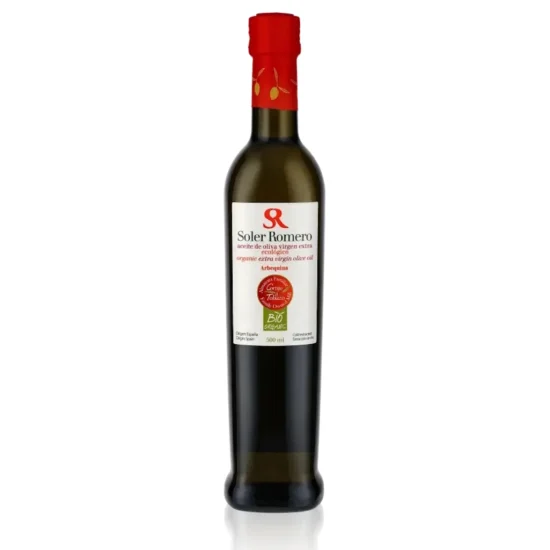
Researchers at the University of Hong Kong conducted a study in the field of immunometabolism to elucidate the differential effects of two dietary fatty acids, oleic acid and palmitic acid, on the function of antitumor immune cells, specifically gamma delta T lymphocytes ($\gamma\delta$-T cells).
The experimental methodology included the isolation and culture of human cells, which were subsequently exposed to controlled concentrations of oleic acid, a monounsaturated fatty acid abundant in olive oil and walnuts, and palmitic acid, a saturated fatty acid common in processed foods, dairy products, meat, and palm oil. The variables evaluated included cellular resistance, metabolic activity, and cytotoxic capacity directed at tumor cell destruction.
The results revealed a significant positive correlation between oleic acid exposure and the enhancement of the effector capacity of $\gamma\delta$ T lymphocytes. Cells treated with oleic acid exhibited elevated metabolic activity, characterized by mitochondrial stability and a robust ability to induce tumor cell lysis. This finding suggests that oleic acid enhances immunosurveillance against tumor growth.
In contrast, exposure to palmitic acid was shown to be detrimental to the homeostasis and functionality of these immune cells. Cells exposed to palmitic acid suffered progressive metabolic deterioration, culminating in the induction of cell death (apoptosis or related mechanisms) and an increase in inflammation in the immune microenvironment. This negative effect compromises the body’s ability to suppress the proliferation of malignant neoplasms.
Dr. Tu Wenwei, co-author of the study and affiliated with the Department of Pediatrics and Adolescent Medicine, emphasizes the clinical implications of these findings. The results, obtained from cell cultures and mouse models, indicate that a diet enriched with oleic acid could act as an adjuvant factor in improving the efficacy of standard cancer therapies. Conversely, reducing palmitic acid intake could offer a prophylactic and therapeutic benefit to cancer patients by minimizing the weakening of natural defenses mediated by $\gamma\delta$ T lymphocytes.
In summary, this technical study establishes a molecular mechanism by which dietary lipids directly modulate the immunometabolism of key cells in the antitumor response. Oleic acid emerges as a booster of cellular health and cytotoxic T cell function $\gamma\delta$, while palmitic acid is identified as a factor that induces metabolic dysfunction and inflammation, underscoring the importance of lipid intake quality in cancer prognosis and treatment.
Important Note: aceitedelcampo.com promotes the consumption of extra virgin olive oil for its culinary qualities and health benefits. However, no medication or current treatment should be replaced without the guidance of a healthcare professional.




ALZAYT EXPORT SL
info@aceitedelcampo.com
C/ Eduardo Bosca 19, 2-5
46023 Valencia
Subscribe and receive a coupon by email for your next purchase.